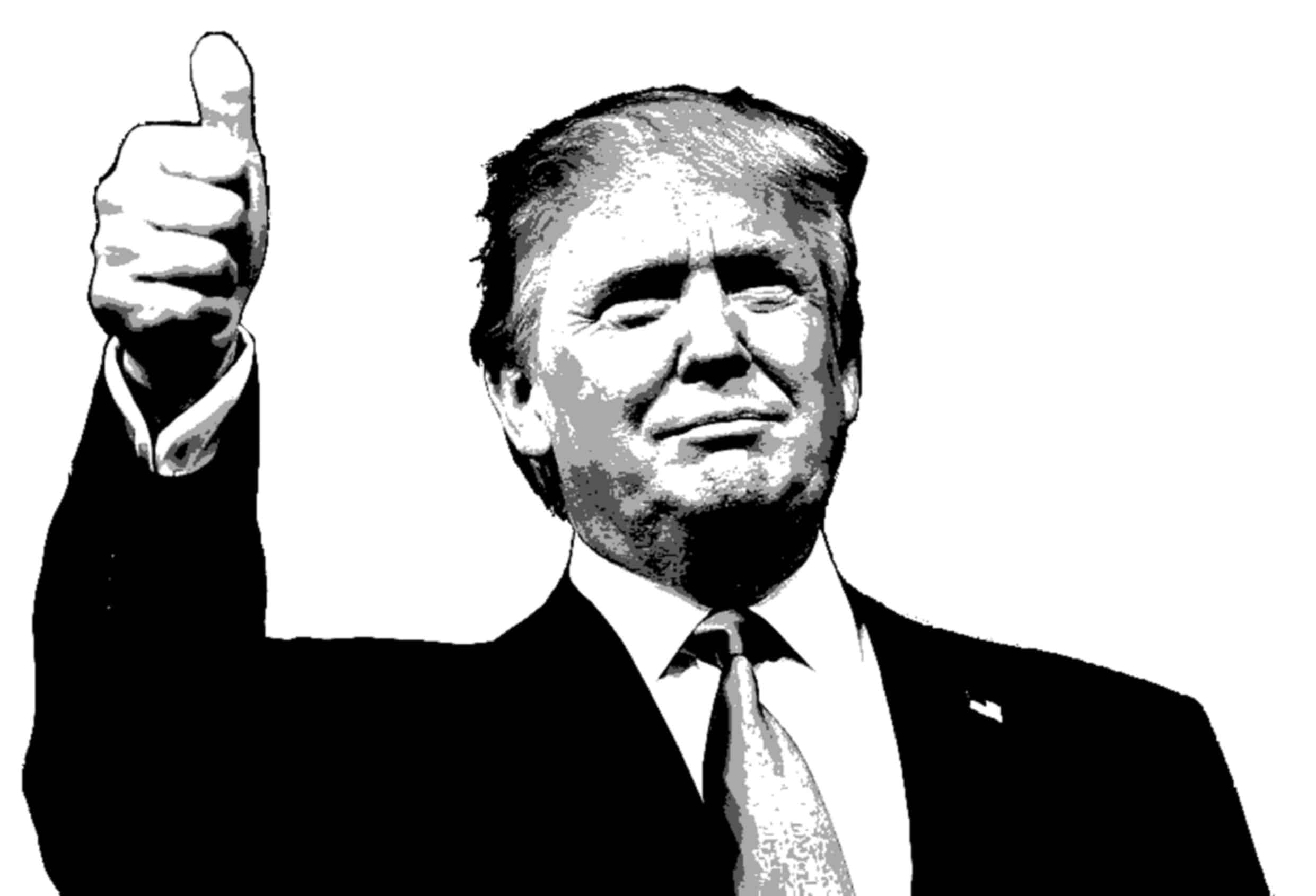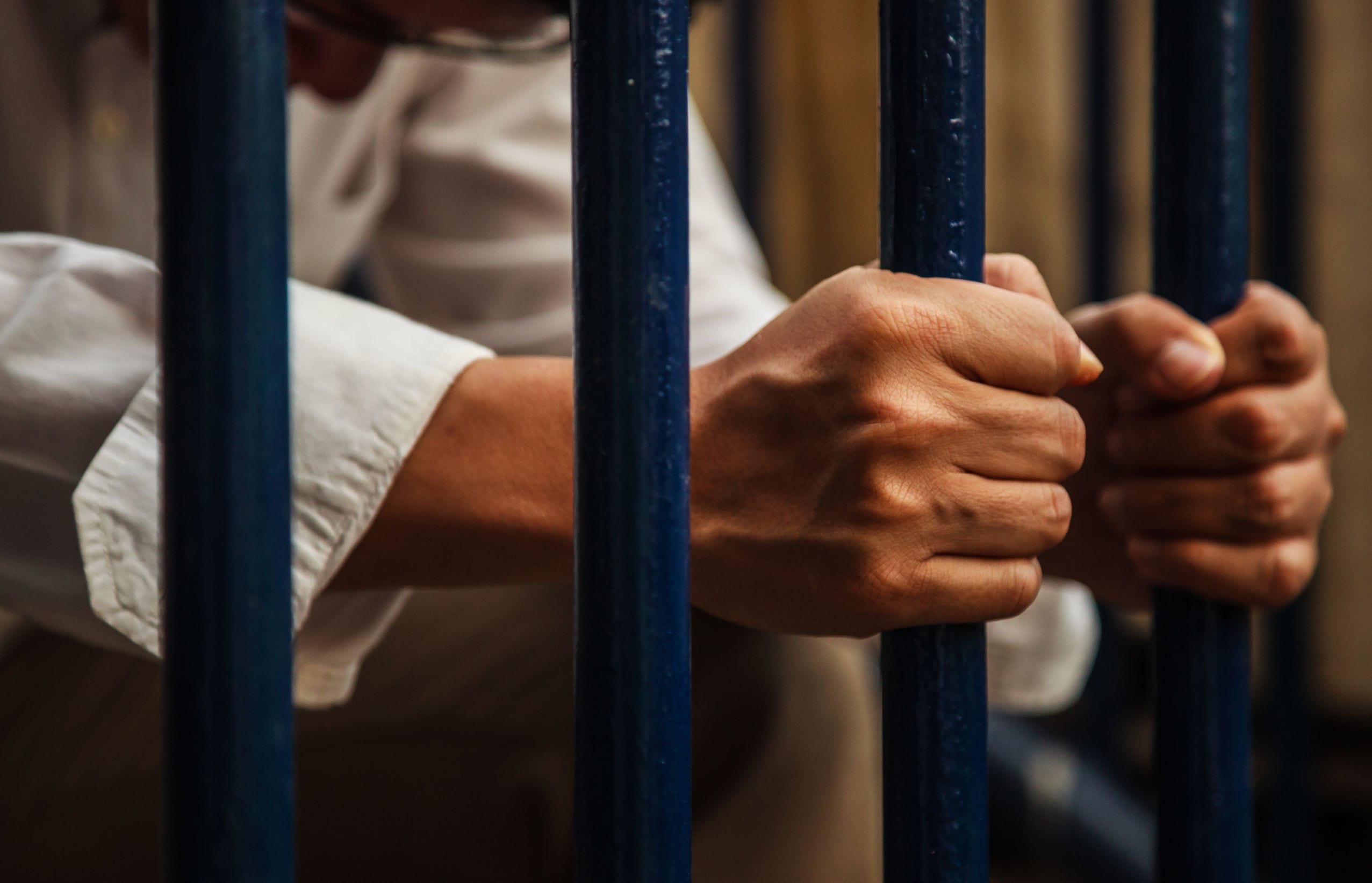- Home
- THE FIRM+
- Criminal Defense+
- CASE RESULTS
- AREAS WE SERVE+
- FAQ’s
- Blog
- Contact
AZHARI LLC BLOG
Sep. 17 2020
Trump Sidesteps Federal Subpoena Again — Can You?

Posted By: Sami Azhari
Category:
The President of the United States has been in a fight over his tax returns for years and recently got a reprieve. In New York, a temporary stay was issued that will bar prosecutors from procuring his tax records even though a subpoena was issued for them.
The president is lucky, mostly because if a regular person were to fight a subpoena to this degree, chances are they wouldn’t be successful.
Many people are familiar with the concept of subpoenas thanks to the popularity of court television shows. But if you were to ever have a subpoena issued to testify or produce documents, can you sidestep it as easily as the President? The short answer is ‘no.’
What is a Subpoena?
Anyone accused of a crime, such as tax fraud, is innocent until proven guilty. However, the prosecution will use what they can to prove their case against you, including your testimony and/or documentation such as tax returns.
To gather this information, they issue a court order called a subpoena. This is an order by the court for you to furnish what they’re asking for, whether that be testimony or documentation.
In Illinois, you can refuse or neglect a subpoena, but there will be consequences. Failure to comply with a subpoena can result in a court action against you, such as contempt of court.
What is Contempt of Court?
There are two types of contempt of court: criminal and civil. Interestingly, the type of contempt utilized by the court doesn’t have much to do with whether the case is a civil or criminal matter.
Once a person is found in contempt of court, the action the court takes determines whether it’s criminal or civil contempt that was perpetrated. Essentially, the difference between these two types of contempt lies in the purpose the court seeks to serve by issuing them.
Civil Contempt
For civil contempt, the court wants to compel the person to do something. Civil contempt occurs when someone fails to comply with a court order, like a subpoena. This charge is a tactic often used by judges in order to get that person to comply with the court order. In the case of tax fraud, the action might be to produce tax documents.
Criminal Contempt
For criminal contempt, the court punishes someone for something they’ve already done. Criminal contempt is considered a crime in itself, such as contacting a witness when the judge ordered you not to. Criminal contempt is a crime and therefore has a higher burden of proof than civil contempt and must be proven beyond a reasonable doubt.
Penalties for Contempt of Court
Civil contempt is usually dealt with by getting a defendant to come into compliance with the original request. Still, failure to do so can result in jail time or a fine that is up the discretion of the judge.
Criminal contempt charges do have penalties under Illinois law. The judge will review several factors in the case, such as:
- how deliberate or willful the defiance of the court order was
- how serious the behavior was
- whether it’s necessary to terminate the defiance of the defendant for the public interest
- how important it is to deter any acts like this in the future.
Once all factors have been evaluated, criminal contempt of court can result in up to six months in jail and fines up to $500.
Again, this is mostly left up to the discretion of the judge presiding over the case. Your best bet if subpoenaed is to comply so you don’t end up more legal trouble, especially if you’re being charged with a crime such as tax fraud.
About the Author:
Sami Azhari has been working as a lawyer since 2007, after receiving his Juris Doctor from the Michigan State University College of Law. He has handled numerous state and federal cases and is known throughout the Chicago and Rolling Meadows area for providing his clients with high-quality, skilled representation. He has been recognized by Avvo (2013 and 2018), SuperLawyers (2015-2020), The National Trial Lawyers, and other notable organizations, and has spoken at a number of legal conferences.


























































